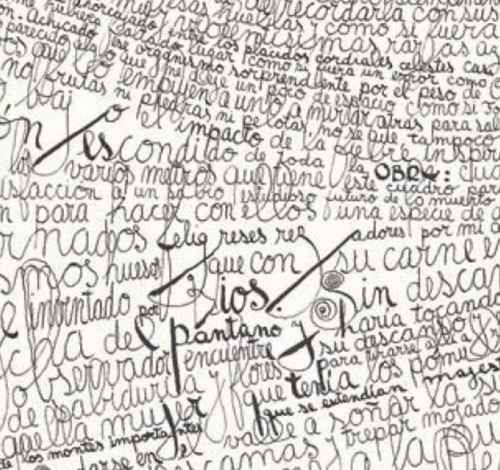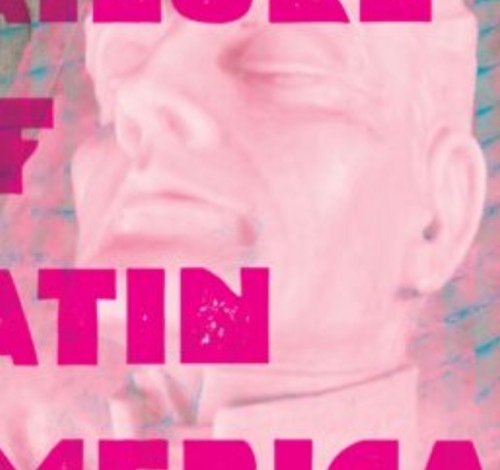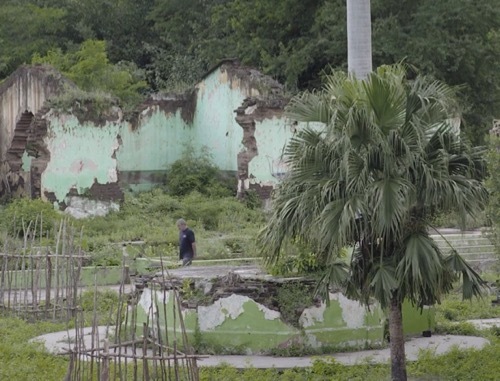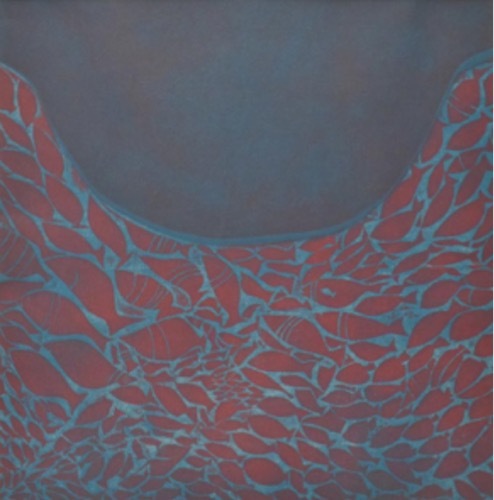In our inaugural Debates series, José Eduardo González and Stephen Buttes bring you position papers by established scholars in the field responding to the following question:
How has scholarship in the field of Latin American criticism and theory developed over the past two decades, and what questions or concerns should shape its trajectory over the next 25 years?
Assessing Research and Progress in a Hispanic Literary and Cultural Studies Conference

Using a quantitative approach to any aspect of culture still faces opposition from members of Spanish American literary studies, perhaps due to the complex history between data acquisition and the study of Spanish American culture, or simply because this method of studying cultural history is still associated with the so-called “distant reading” in the minds of scholars unfamiliar with the breadth and variety of Digital Humanities (DH) approaches. Quantitative approaches to the literary field are not new within Spanish American studies and one can find early versions of them in well-known essays such as Ángel Rama’s “El boom en perspectiva.” The growing use of data collection and analysis by activists in contemporary Spanish American societies—employed to counter misinformation disseminated by state bodies and to promote citizen mobilization in urban life, politics, and environmental issues—will hopefully encourage more Latin Americanists in U.S. academia to embrace DH techniques for studying history and power relations in the cultural field in ways that are not traditionally possible.
Distant Lands and Climes: Latin American Criticism, World Literature, and Other Axes for Comparison

The geopolitical transformations that marked the end of the twentieth century, including the end of the Cold War, consolidation of neoliberalism as the dominant economic model, and attendant escalation of debates about globalization, engendered a “global” or “transnational turn.” In literary studies (particularly in the United States) this was most clearly manifest in renewed interest in the notion of world literature. From within Latin American criticism, the region's claim on world literature has proven fundamental to three key monographs tackling the intersections of Latin American writing with the expansive frameworks of world literature: Mariano Siskind’s Cosmopolitan Desires (2014), Héctor Hoyos’s Beyond Bolaño (2015), and Ignacio M. Sánchez Prado’s Strategic Occidentalism (2018).
“From Out of the Ruins of Latinamericanism:” On Remainders, New Beginnings, and Groundlessness in the Contemporary (Latin American) Humanities

Can we continue to affirm that what we do as scholars, critics, and teachers today is defined by a set of shared and debated problems and questions, and that the totality of our academic labor is auto-regenerative in the sense of a totality that generates new ideas? My sense, admittedly based on anecdotal evidence—I am speaking of a professional intuition attuned through conversations with colleagues together with observations of conference programs, journal indices, and academic publishing lists—is that there is no such thing as a shared set of guiding questions and/or catalyzing problems today. However, Erin Graff Zivin’s 2020 monograph Anarchaeologies: Reading as Misreading offers a timely intervention that both registers and responds to the fraught state of Latin American literary and cultural studies today.
Affects and Forms in LGBTQ Cinema

Appearing in print some twenty years ago, Queer Issues in Contemporary Latin American Cinema (2003) was the point of departure for research into non-normative Latin American cinema in the first decade of the twenty-first century. In the intervening years, scholars have responded with a turn to affect in the analysis of cinema. This paper argues that over the next 25 years we need to critically interrogate this turn in ways that parallel recent innovative works on affect and LGBTQ cinema that remain in dialogue with Foster's foundational work on gender and sexuality in Latin America: Eugenie Brinkema's The Forms of the Affects (2014); Affect, Gender and Sexuality in Latin America (2021), edited by Cecilia Macón, Mariela Solana, and Nayla Luz Vacarezza; and Geoffrey Maguire’s Bodies of Water: Queer Aesthetics in Contemporary Latin American Cinema (2024).
The Failures of Latin America and Criticism on Latin America: Reading John Beverley (with a Detour through Antonio Cornejo Polar)

Hegel famously wrote that “Minerva’s owl flies only at dusk.” As everyone knows, Hegel meant by this that only in retrospect can one begin to truly understand an event or topic. As we will see, the idea of knowledge as crepuscular is relevant to an understanding of The Failure of Latin America: Postcolonialism in Bad Times (2019). John Beverley’s authorship gives The Failure of Latin America added relevance: he has played a major role in (U.S.) academic criticism about Latin America during the last forty or so years. The Failure of Latin America is thus presented as a kind of intellectual testament that sums up Beverley’s political and theoretical evolution, together with that of the region as a civilizational location for social hopes from the revolutionary 1960s to our post-utopian present.
“Ruines tiempos” and “la eterna virtualidad de la Vida:” Latin American Literature in Times of Crisis

Since 2010 there has been a surge in Latin American(ist) ecocritical studies and the environmental humanities. While building on the legacies of deconstruction and postcolonial thought, these newer lines of research take a step back from—though not abandoning by any means—the deconstructive trends of the last several decades to interrogate, instead, socioecological dynamics and the social construction of hope. This paper proposes Carolyn Fornoff’s Subjunctive Aesthetics: Mexican Cultural Production in the Era of Climate Change (2024) as a model for how the Latin American humanities can pursue scholarship attuned to the socioecological pressures of the coming decades.
Twenty-First Century Latin American Criticism and Theory: From High Culture, Disciplinary, Humanistic and Objective, to Popular Culture, Interdisciplinary and Subjective

Recent critical and theoretical concerns reflect the vitality and dynamism of Latin American criticism and theory in the twenty-first century. As seen over the past two decades, our field has become less monolithic, veering, instead, toward a rich amalgam of subfields that will be further consolidated in the near future. Emblematic of this amalgam model of the field is The Routledge Companion to Twentieth and Twenty-First Century Literary and Cultural Forms (2022), edited by Guillermina De Ferrari and Mariano Siskind.
Introduction: State of the Field of Latin American Criticism & Theory at the First Quarter of the Twenty-First Century

Between February 17, 2025 and March 10, 2025, we will publish weekly installments in the "State of the Field" Debates series. Scholars in the field are invited to submit 1,000 - 2,000 word responses to one or more of the position papers. Responses may be considered for inclusion in the journal following editorial review. Please send a query to editors@formajournal.org.